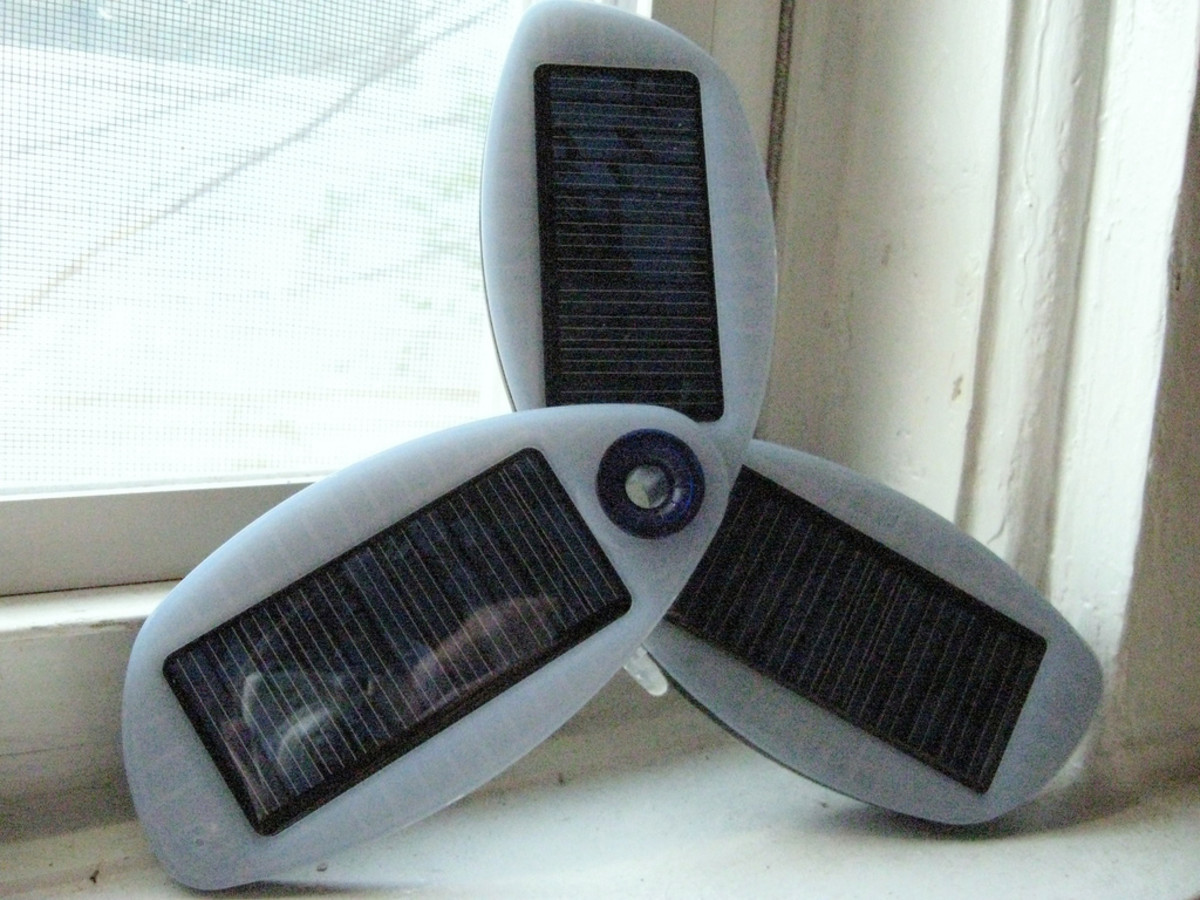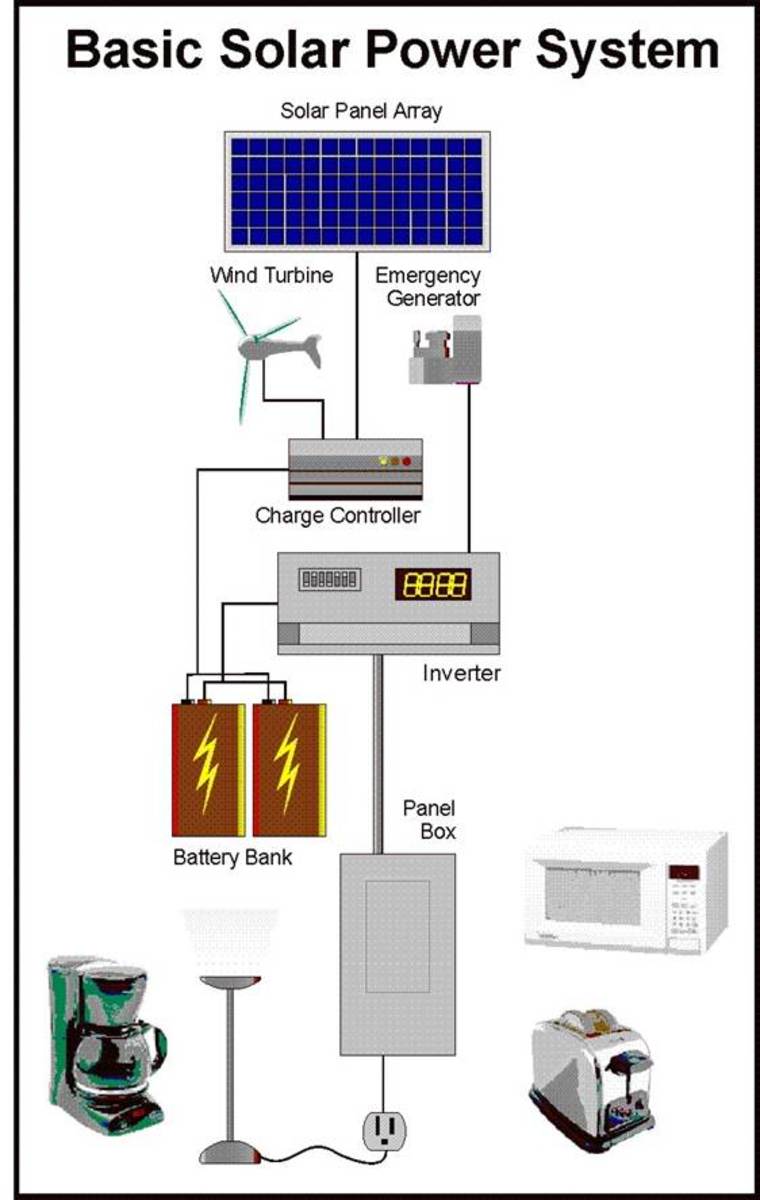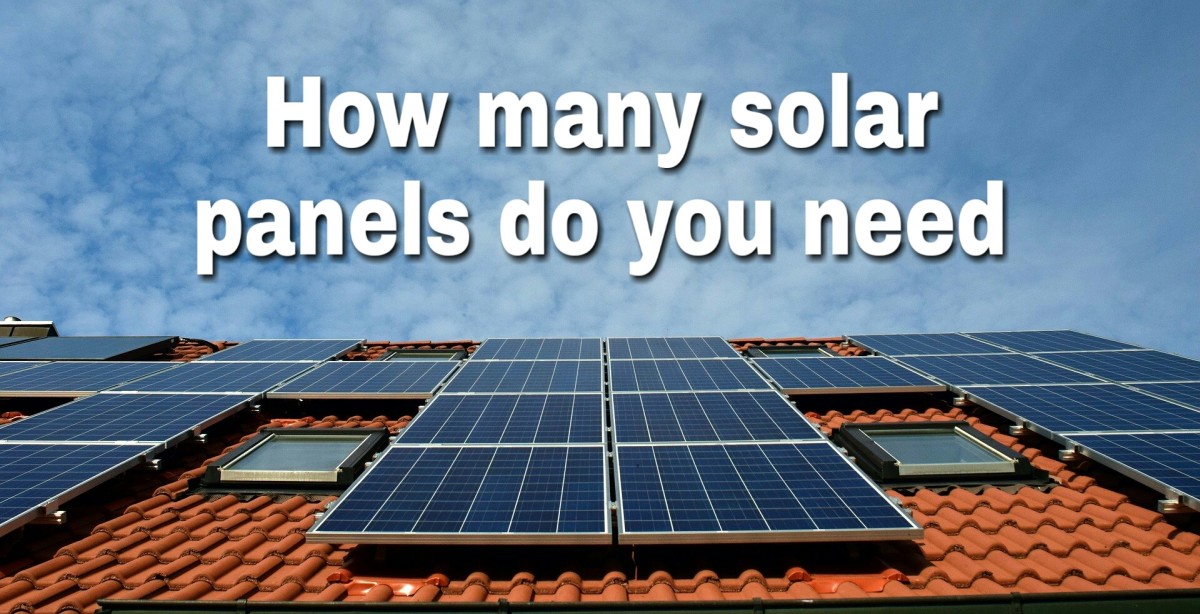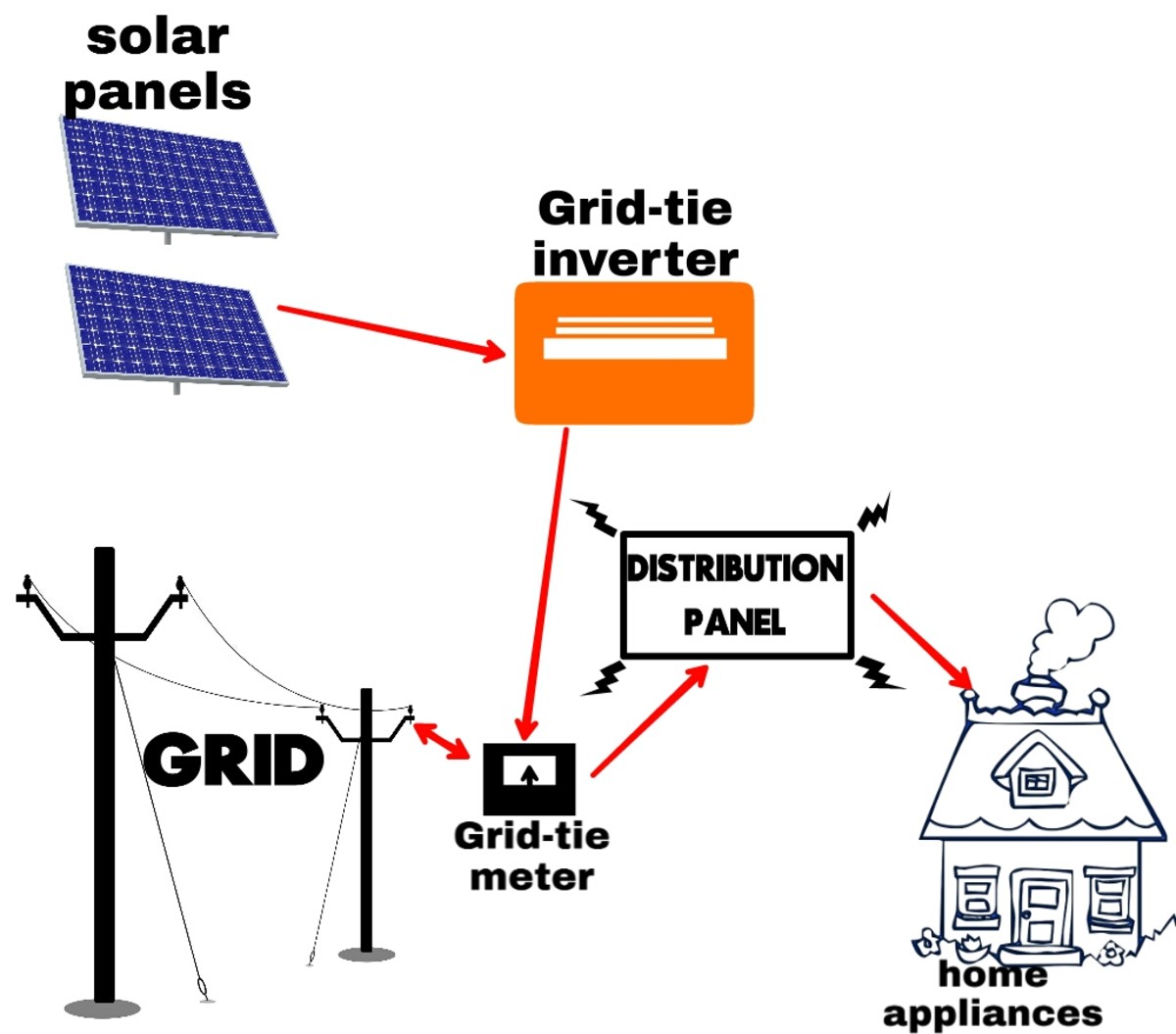How to Look at Solar Panels for Your Home

Introduction
Getting solar panels put on your house is not as easy as flipping on a light switch. The energy you can put into just determining whether or not you can put solar panels on your house can be overwhelming. And if you do have the option to put solar panels on your house, then you have to settle in and start working the math to determine whether or not getting solar panels installed is even worth it for you. The goal of this article is to call out some of the high-level factors to look at or consider while you're determining whether having solar panels installed on your house is the right move for you.
Your Homeowner's Association
It's important to check with your homeowner's association before doing anything else when exploring whether or not to get solar panels for your home. Even if your HOA does let residents have solar panels, they may have rules about where you can place them, and you may have to fill out a mountain of paperwork and get approved by a review committee. Additionally, restrictions around where you can put them need to be taken into consideration when calculating a payback period.
Home Insurance
One of the assumptions I had when I was exploring solar panels was that it would cause our home insurance to go up. Ironically, this was not the case. In speaking with our insurance company, they said that they don't raise the home insurance cost for people who install solar panels because the solar panels are so tough that they don't get damaged and they don't come flying off the house in the event of high winds. Additionally, our agent said that they also protect the shingles they cover and can actually prevent damage to the roof.
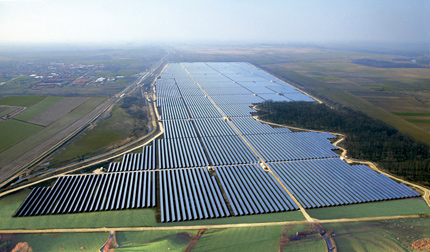
Your Electric Company
Some electric utilities may not support solar, while some may support it to varying degrees. Our electric company is a small utility, so they said that we could put solar panels on our roof, but that we were the only people who could use the energy that we generate, and that they did not have a program in place to buy the energy back from us, which significantly reduces the value proposition associated with putting solar panels on a house. Additionally, if your electric utility does support solar, you'll likely need to provide up to a year's worth of electric bills to help you calculate your value proposition and payback period.
Leasing or Buying Solar Panels
This can be a tough decision, and it's all about how much risk you want to assume. If you choose to lease, then you're not responsible for the solar panels and they're covered in the event that something does happen to them. However, at the moment, the incentive from the federal government is very attractive if you want to buy. The incentive has actually become so attractive that a number of businesses that sell the panels don't put forward a leasing option.
Leasing vs Buying Solar Panels
State Laws
If you do find yourself dealing with a homeowner's associated that frowns upon installing solar panels on your home, don't worry. Do some research around your state laws and see if there is something to the effect of the Clothesline Law in Florida that allows residents the absolute right to put solar panels on their house, regardless of what rules their HOA may have in place. This fight is actively being fought in most states, so its important to do your research and see what the status of the battle around solar panels is.
Payback Period
This is another tough one. It's important to put a fair amount of your own energy into gathering information around where you can even put solar panels, projecting how much energy those panels will generate over the course of a year, how much of your energy bill that will offset, and how much energy you'll be able to sell back to the electric company, if you can sell energy back to your electric company. And on top of that, you'll need to spread your projected payback period/value proposition out over the duration of time that you feel like you'll be in that house, and also bake in some projection around the cost of energy. It's a lot. Thankfully, there are tools that can help. Google has gone live with an application called Project Sunroof that lets you plug in your address and then shows you which part of your house is best suited for solar panels, how many hours of usable sunlight that area gets, and how many feet you have available for solar panels. Additionally, you can find a solar provider and get a lot of other great information from the Project Sunroof website.
Project Sunroof Overview

Evolution of Solar Technology
Do you remember the large satellite dishes that took up massive real estate in neighborhood yards when satellite TV was rolled out? Over time, the delivery system for cable television became more efficient, the technology became smaller, and the product ultimately became accessible to more people along the way. Right now, solar is at a similar point. As more people embrace solar technology it will make more sense for electric utilities to embrace it as well. As a result, the technology will become smaller, and the cost of that technology as a whole will come down as more people enter that market. So if either the cost of the panels or the size of the panels is a turn-off for you, just wait a few years and you may get a better entry point.
© 2016 Max Dalton


